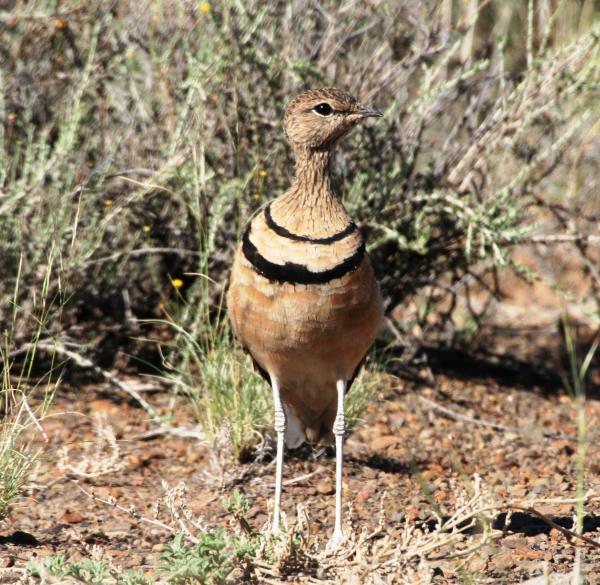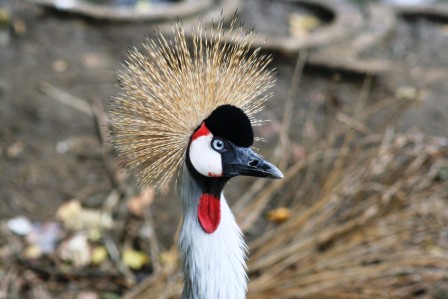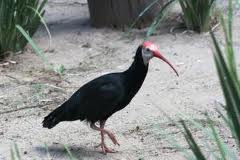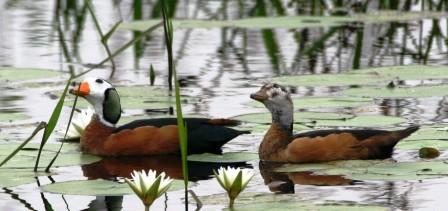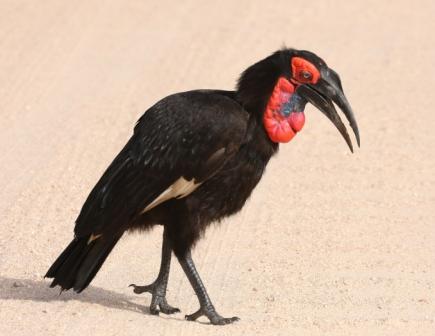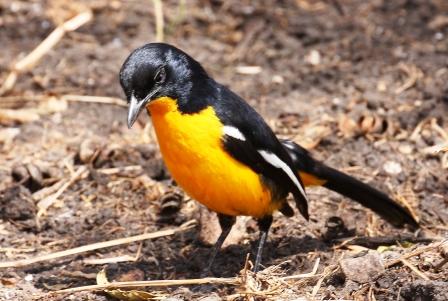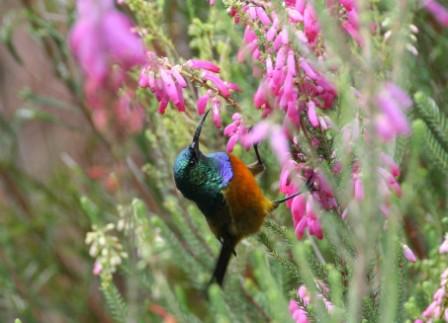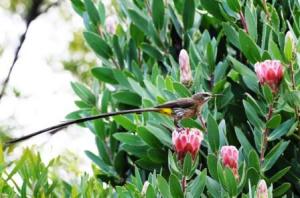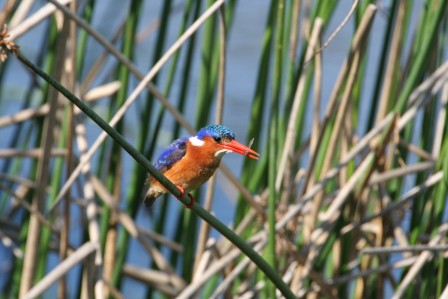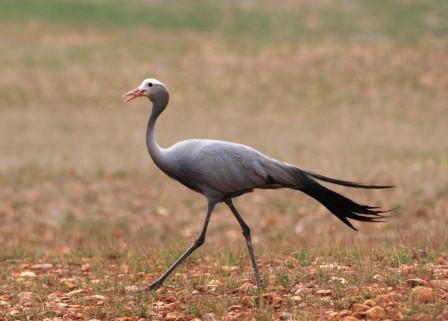|
|
JOIN OUR MAILING LIST |
|
Newsletter / Blog 2011-11-20 Conservation status of African-Eurasian migratory land birds The first draft resolution seeks to improve the conservation status of African-Eurasian migratory land birds (mostly passerines), which are probably declining faster than any other suite of birds in the region, and are a priority for conservation attention. Among these species are five that are already listed as Endangered or Vulnerable by BirdLife for the IUCN Red List, and which are therefore included in Appendix I of the CMS. Four of these, plus a further 80 species, are listed on Appendix II of the Convention, as species that need or would significantly benefit from international co-operation. Appendix II includes at least 13 species which have suffered particularly severe declines, including several species of warbler, European Pied Flycatcher Ficedula hypoleuca, Spotted Flycatcher Muscicapa striata, Northern Wheatear Oenanthe oenanthe, Whinchat Saxicola rubetra, Common Nightingale Luscinia megarhynchos, European Turtle-dove Streptopelia turtur and European Bee-eater Merops apiaster. Six trans-Saharan migrants that are now seen as of greatest conservation concern are not listed on either Appendix: Common Cuckoo Cuculus canorus, Eurasian Wryneck Jynx torquilla, Barn Swallow Hirundo rustica, Northern House Martin Delichon urbicum, Yellow Wagtail Motacilla flava and Tree Pipit Anthus trivialis. African-Eurasian migratory landbirds are not covered by current flyway initiatives and conservation activities, as identified in the existing CMS flyway resolution. They can only be conserved through co-ordinated action, as they face a range of different threats on their breeding, passage and wintering grounds. “For many of the fastest declining species, the main drivers of decline appear to be away from European breeding grounds”, said Dr Leon Bennun, BirdLife International’s Director of Science . “In the years ahead, this group of birds is likely to receive the sort of attention currently afforded to farmland birds.” CMS provides the only forum through which to co-ordinate action for these landbirds. As most of the species are dispersed over very wide ranges, and not concentrated in sites or priority habitats, there is no provision for them, at the flyway level, from any other forum. “Without such coordinated action, range states will fail to meet their biodiversity targets”, said Dr Bennun. “No amount of effort within one country or one region can stop these declines. Landbirds are not covered by the existing instruments in the framework of the CMS for the conservation of African-Eurasian migratory birds, namely the African Eurasian Migratory Waterbird Agreement (AEWA) and the Memorandum of Understanding on the Conservation of Migratory Birds of Prey in Africa and Eurasia (AEBOP). While much of AEWA can be delivered by a site-based approach, and much of AEBOP by a species-focused approach (eg addressing threats from powerlines, wind farms and poisoning), a land-use policy approach will be required for migratory landbirds. This will require work with many organisations and mechanisms, including FAO, UNDP, and the Conventions on Biodiversity, Desertification and Climate Change, and therefore leadership and coordination from CMS will be essential. The resolution calls upon Parties to the CMS -and also range states which are not Parties- to adopt strategies to promote the conservation of migratory land, such as alleviating habitat degradation through sustainable land management policies and practices, ending unsustainable levels of hunting, monitoring population trends and supporting research into migration routes and habitat requirements on the staging and wintering grounds, as well as promoting awareness of the plight of migratory landbirds, and sharing knowledge and experience of best practice approaches to conservation. |
| Back | Back to top |
 |  | Cape Town Tourism  |
|||||||||||||

